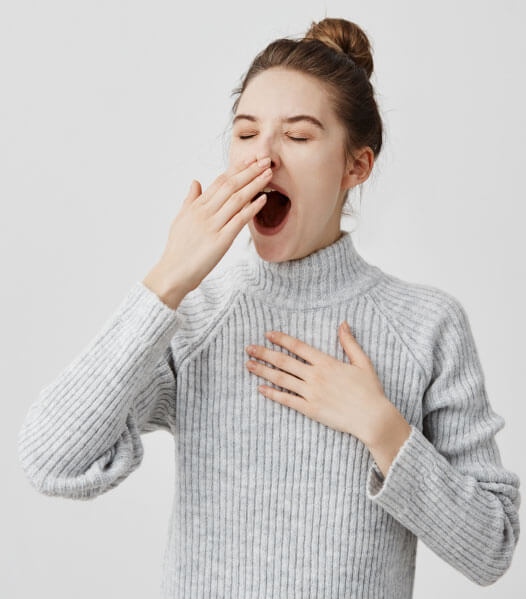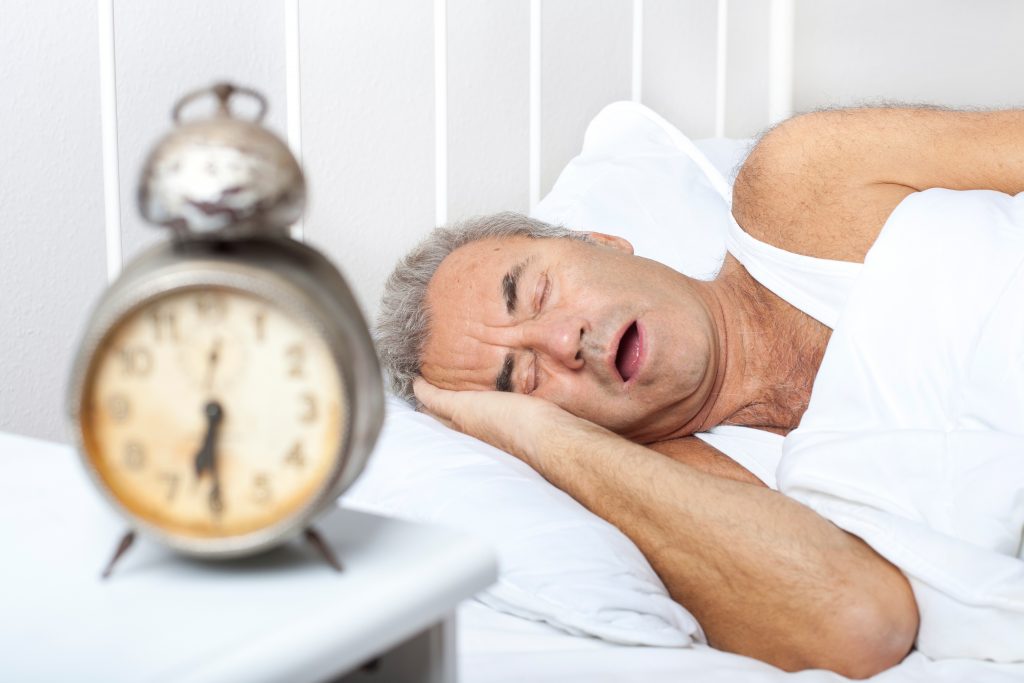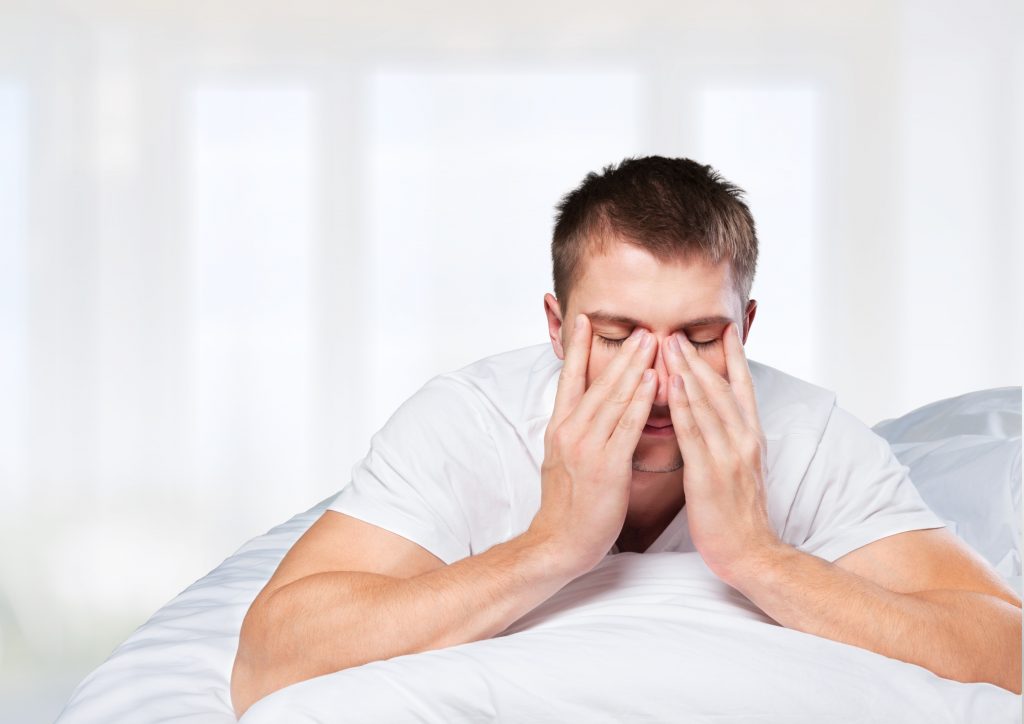Improve Your Health, Improve Your Sleep Apnea Symptoms
If you’re suffering from obstructive sleep apnea, it affects your life in many ways. Aside from feeling tired and foggy all the time, you might notice that your physical health has suffered as well. When we don’t get adequate sleep, it affects every system in our body. If we continue to be deprived of proper sleep, our bodies and minds will continue to worsen. Studies have shown there’s a clear link between sleep apnea and mental health.
Here at the Sleep Apnea & Facial Pain Center, our sleep apnea dentist, Dr. Jeff Doneskey, helps our patients improve their entire lives by improving their sleep patterns and overall health habits. If you have sleep apnea and live in Bellevue, Kirkland, Issaquah, Seattle, or the surrounding areas, we’d love to meet with you and see how we can help you feel better in every way.
Symptoms of Sleep Apnea
One of the most common symptoms of sleep apnea is interrupted breathing throughout the night. But unless you completely wake yourself up when your body is gasping for air, you might not even know it’s happening. Here are some other symptoms of sleep apnea to watch out for:
- Daytime drowsiness
- Loud or excessive snoring
- Irritability during the day
- Waking up with a headache
- Dry mouth
- Impaired memory
- Reduced libido
- Frequent urination during the night
If you’ve been experiencing several of these symptoms for awhile, schedule an appointment with our sleep apnea dentist right away. Our team is here to help you.


